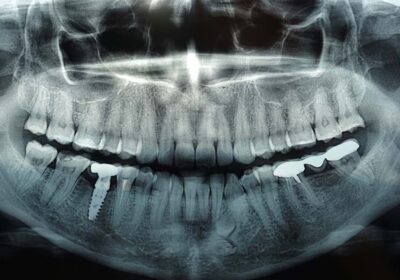
Unlocking Healing Potential: A Comprehensive Guide to Psilocybin Therapy
In recent years, there has been a resurgence of interest in alternative and holistic approaches to mental health treatment. One such approach that has gained significant attention is psilocybin therapy. Derived from magic mushrooms, psilocybin is a naturally occurring psychedelic compound with the potential to revolutionize mental health care. This article delves into the world of psilocybin therapy, exploring its history, benefits, potential risks, and its current status as a promising avenue for healing.
The Roots of Psilocybin Therapy
Psilocybin has a rich cultural and historical background. Indigenous cultures across the globe have utilized psychedelic mushrooms for centuries in spiritual, healing, and shamanic practices. In modern times, psilocybin gained prominence in the 20th century through the research of notable figures like Albert Hofmann and Timothy Leary. However, due to its association with the counterculture movement, research was suppressed, and its potential therapeutic applications were largely ignored until recent years.
Understanding Psilocybin Therapy
Psilocybin therapy involves the controlled administration of psilocybin under the guidance of trained therapists in a safe and supportive environment. Unlike recreational use, therapeutic sessions are carefully structured and tailored to address specific mental health concerns, such as depression, anxiety, PTSD, and addiction. The psychedelic experience induced by psilocybin is believed to facilitate introspection, emotional processing, and the exploration of deep-seated issues.
Benefits and Potential Applications
Depression and Anxiety: Research suggests that psilocybin therapy can lead to profound reductions in symptoms of depression and anxiety. The psychedelic experience may help individuals gain new perspectives on their challenges and promote neuroplasticity, fostering the rewiring of neural pathways associated with negative thought patterns.
PTSD: Psilocybin therapy shows promise in addressing post-traumatic stress disorder (PTSD). By allowing patients to confront and reprocess traumatic memories in a safe setting, the therapy can potentially alleviate the emotional and psychological burdens of PTSD.
Addiction: Breaking free from addiction is notoriously difficult, but psilocybin therapy offers a new approach. The therapy’s ability to induce transformative experiences may aid individuals in overcoming substance abuse by promoting self-awareness and reducing cravings.
End-of-Life Distress: Studies indicate that psilocybin therapy can help individuals facing terminal illnesses come to terms with their mortality. The therapy can facilitate a sense of interconnectedness, reduce existential distress, and provide solace.
Risks and Considerations
While the potential benefits of psilocybin therapy are promising, there are important considerations to bear in mind:
Psychological Vulnerability: Psilocybin therapy is not suitable for everyone, particularly those with a history of severe mental illness. The therapy can exacerbate underlying psychological conditions, so careful patient screening is essential.
Legality and Regulation: The legal status of psilocybin varies widely around the world. In some places, it remains a controlled substance, limiting its accessibility for therapeutic use.
Setting and Integration: The therapeutic experience depends significantly on the setting and the integration of insights gained during the psychedelic journey into daily life. Comprehensive post-session support is crucial to maximize the therapy’s benefits.
The Road Ahead
As research into psilocybin therapy expands, its potential to transform mental health care becomes increasingly evident. Collaborative efforts between researchers, therapists, policymakers, and the public are vital to establish proper regulations, ethical guidelines, and access to safe and effective treatments. While challenges remain, psilocybin therapy holds great promise as a groundbreaking approach to healing the mind.
Psilocybin therapy represents a remarkable shift in the landscape of mental health treatment. With its roots deeply intertwined with ancient traditions and its potential benefits supported by modern research, it offers a new paradigm for healing mental health challenges. As science and society continue to evolve, psilocybin therapy could emerge as a beacon of hope for those seeking transformative healing experiences beyond the limitations of conventional approaches.


















